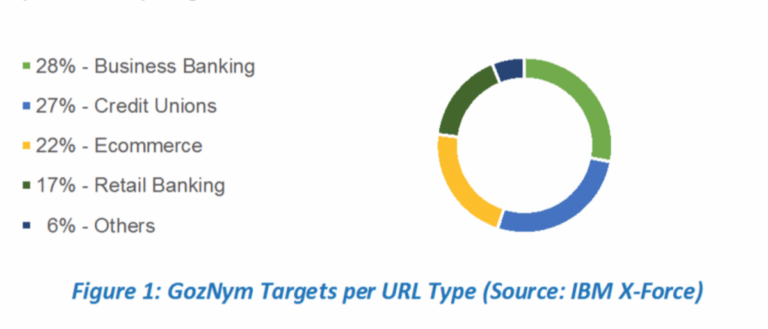2023 Work-From-Home Scams: Types, Prevention, And Reporting
Product Assembly

Product assembly is a type of work-from-home scam where victims are promised jobs assembling products from home. The scammers typically require the victim to pay a fee upfront, and then they never send any work.
The scam works like this: the victim sees an ad online or in the mail that promises a high-paying job assembling products from home. The ad typically says that the victim can earn hundreds or even thousands of dollars per week for a few hours of work each day.
To apply for the job, the victim is asked to pay a fee, which is usually between $25 and $100. The scammer claims that the fee is necessary to cover the cost of training or materials.
Once the victim pays the fee, they are sent a kit that contains the necessary tools and instructions to assemble the products. However, the victim never receives any work. The scammers simply keep the victim’s money and disappear.
Product assembly scams are a common type of work-from-home scam. They are easy to spot because they promise high-paying jobs with very little work. If you see an ad for a product assembly job, it is best to avoid it.
Here are some tips to help you avoid product assembly scams:
- Be wary of any job that seems too good to be true. If a job offer promises you a lot of money for very little work, it’s probably a scam.
- Do your research before applying for a work-from-home job. Check the company’s website and social media pages to make sure they’re legitimate.
- Never pay money upfront for a work-from-home job. Legitimate companies will never ask you to pay money upfront.
- Be careful about giving out your personal information. Scammers may ask you for your social security number, bank account information, or other personal information. Don’t give out this information unless you’re sure the company is legitimate.
If you think you’ve been a victim of a product assembly scam, there are a few things you can do:
- Report the scam to the Federal Trade Commission (FTC). You can file a complaint online at ftc.gov/complaint.
- Contact your bank or credit card company. If you paid money to the scammer, you may be able to get your money back.
- Change your passwords. Scammers may have access to your personal information, so it’s important to change your passwords for your bank accounts, email accounts, and other online accounts.
Here are some additional tips to help you avoid work-from-home scams:
- Be skeptical of jobs that are advertised on social media or in unsolicited emails. Legitimate companies usually post job openings on their own websites or through job boards.
- Be wary of jobs that require you to pay a fee upfront. Legitimate companies will never ask you to pay money upfront for a job.
- Do your research before applying for a job. Check the company’s website and social media pages to make sure they’re legitimate. You can also search for the company’s name on the Better Business Bureau website to see if there have been any complaints filed against them.
- Talk to friends, family, or colleagues who work from home to get their recommendations. They may be able to give you some tips on how to find a legitimate work-from-home job.
By following these tips, you can help protect yourself from work-from-home scams.





